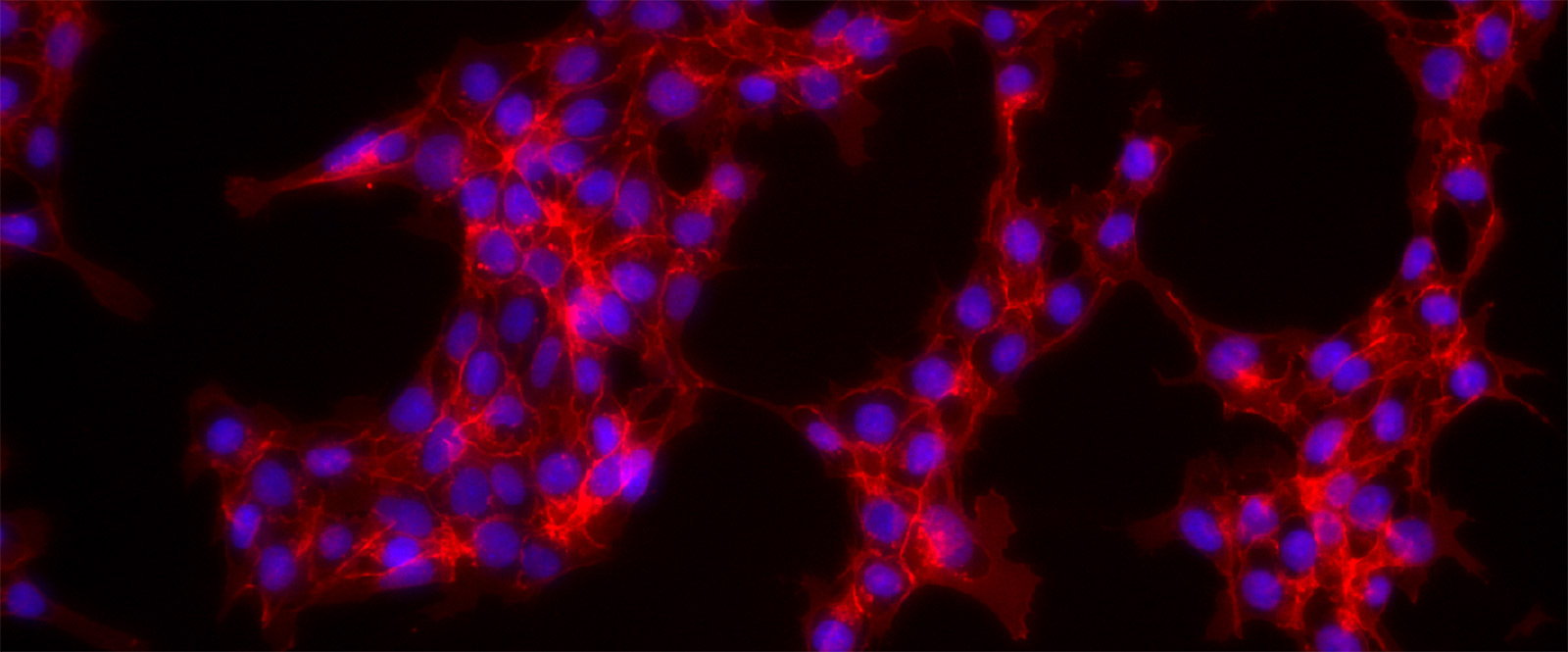
Stem Cells
at UW–Madison
In 1998, UW–Madison developmental biologist James Thomson introduced the world to the first laboratory-derived human embryonic stem cells. His lab's accomplishment underpins the new field of regenerative medicine, and the all-purpose cells are used worldwide to test drugs, develop treatments for diseases and further our understanding of basic human biology. Twenty years later, UW–Madison remains at the forefront, an internationally recognized leader in stem cell research.
The Morgridge Institute for Research Presents
Immortal: An oral history of stem cell discovery
In November 1998, the journal Science published James Thomson's groundbreaking work on embryonic stem cells. There has been 20 years of progress since the initial discovery spawned a new field of research, and tremendous potential exists for the future. We reached out to the people who lived it, and they shared the experiences in their own words. This is their story.
Stem Cell News
-
UW–Madison researchers find hidden genetic clues upping cardiovascular disease risk
Understanding how the change in the genome increases risk for CAD is a step toward potentially preventing its damaging effects and perhaps one day developing therapeutic strategies to block the risky changes in arteries.
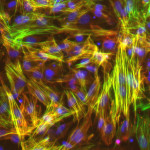
-
New tool provides researchers with improved understanding of stem cell aging in the brain
By identifying and decoding these autofluorescence signatures, the researchers have developed a tool that can aid in studying adult neurological diseases and aging, but potentially also expand beyond neuroscience.
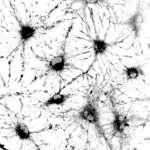
-
Stem cell technology developed at UW–Madison leads to new understanding of autism risks
Ashton says researchers using technologies like the RosetteArray are finding that the risk factors for autism spectrum disorder are boiling down to a couple of core pathways, that seem to have roles very early in human brain development, which is helpful information as researchers work on treatments.
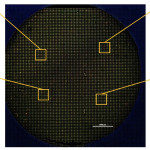
-
Scientists produce human norepinephrine neurons from stem cells, with significant implications for researching diseases like Alzheimer’s and Parkinson’s
Researchers have identified a protein that is key to the development of a type of brain cell believed to play a role in disorders like Alzheimer’s and Parkinson’s diseases and used the discovery to grow the neurons from stem cells for the first time.
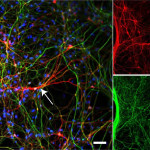
-
Combining cell types may lead to improved cardiac cell therapy following heart attack
A new study from researchers at the University of Wisconsin–Madison and Academia Sinica of Taiwan points to an improved method for regenerating heart muscle following a heart attack.
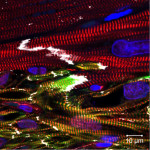
18/6
As of late 2017, there were 18 clinical trials using embryonic stem cells in six countries.
635
The number of people — faculty, staff, students — working in labs conducting stem cell or regenerative medicine research on the UW–Madison campus.
284
The number of stem cell–related patents issued to the Wisconsin Alumni Research Foundation as of May 2018.